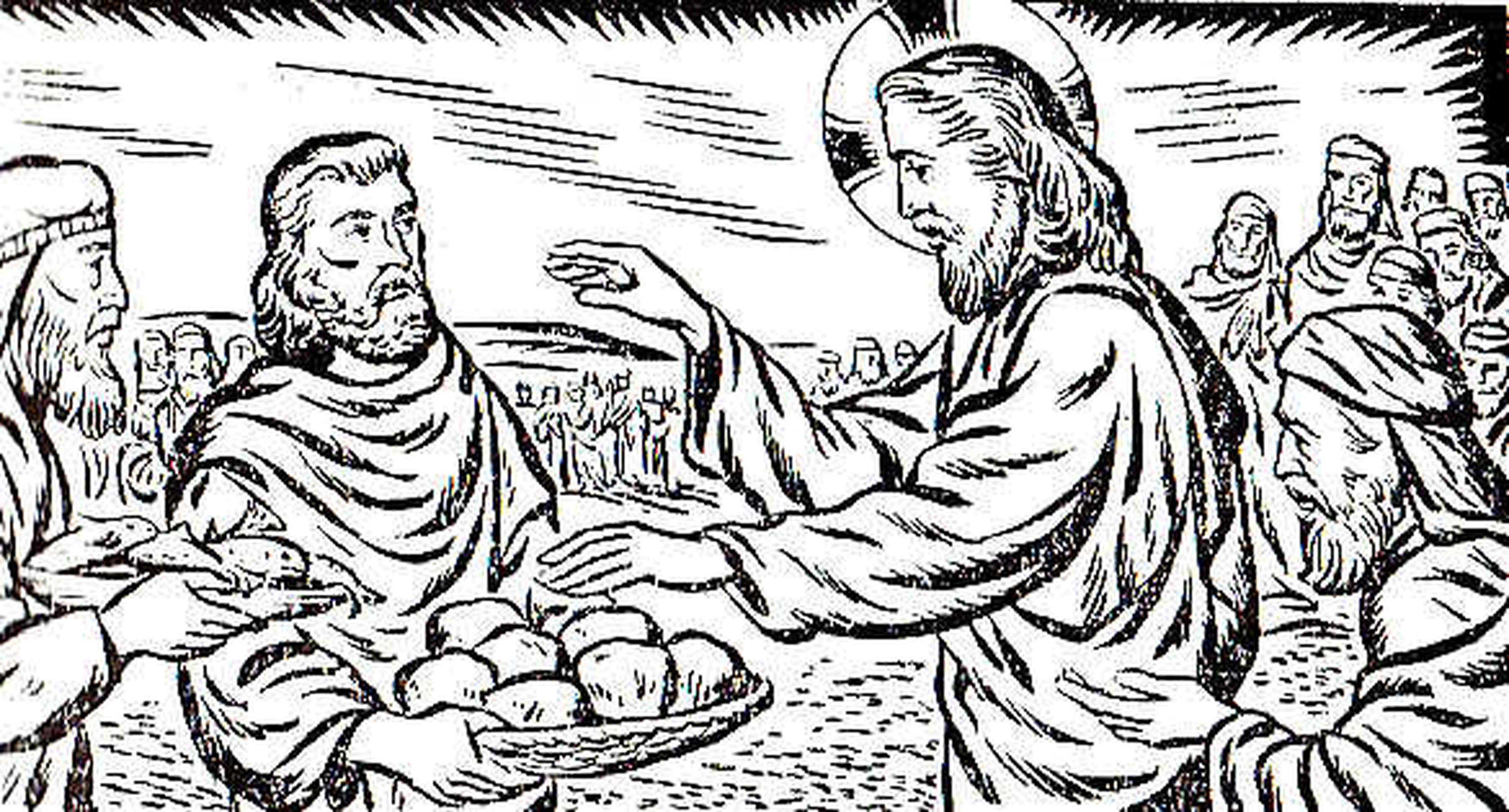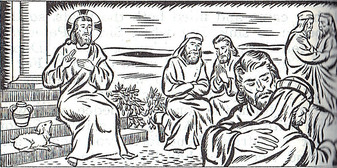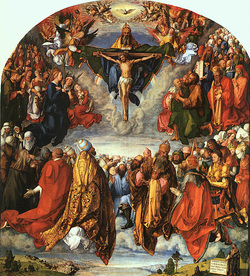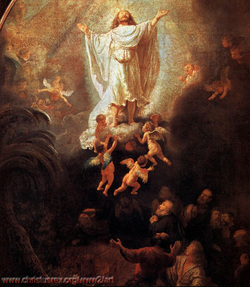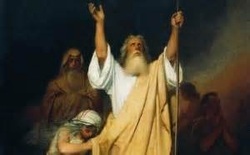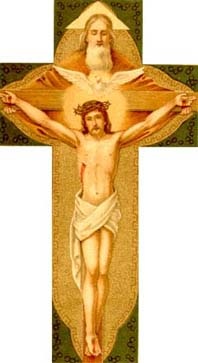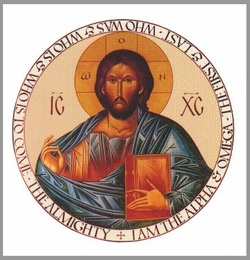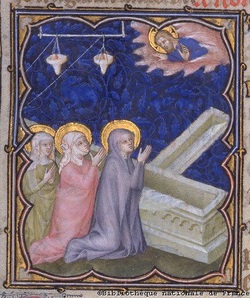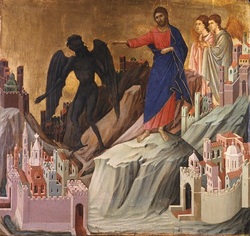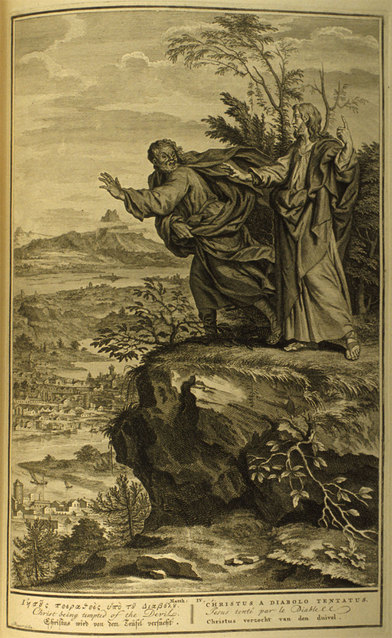“They have nothing to eat” (Mark, 8:2)
The immeasurable compassion of Our Lord for those who are in need is well illustrated in today's Gospel. Fascinated by His preaching, a great number of people had followed Him for three days, without anything to eat, and now they were in extreme need of food. To supply their need Christ worked an extraordinary miracle, feeding a multitude of about four thousand persons with only seven loaves of bread and a few fishes.
In this narrative we find a symbol of the important truth that the hunger of the soul for happiness cannot be satisfied by anything except the possession of God. There is in every human heart a desire for happiness; and experience proves conclusively that it cannot be adequately satisfied by the goods that earth provides, such as riches, honours and pleasures. Many crave these created goods with the feeling that if they acquire them they will be perfectly happy. If they succeed in this ambition, they may be contented for a time; but eventually they become dissatisfied and seek around for some other object to gratify their desires. If they attain this, again there is contentment for a time; and then the story is repeated. Some persons spend their lives in this way, always grasping for more of this world's goods, never really happy, even after they have gained possession of what they sought.
The basic reason is that the mind and heart of man are unlimited in their capacity to know and to seek truth and goodness; and hence, only the unlimited truth and goodness that are found in God alone can measure up to this capacity. St. Augustine expressed this indubitable fact when he said: “The heart of man is made for Thee, O God, and it is restless till it rests in Thee.”
Through the goodness of Our Divine Redeemer, we can possess the one object that will satisfy this hunger of our souls, God. For, when we are in the state of sanctifying grace we have God in our souls, and have a claim to possess Him forever in the life to come. When we receive Holy Communion, we possess Christ Himself, nourishing our souls with supernatural grace and strength, even as of old He nourished the bodies of the multitude with natural food. It is sad to realise that there are so many Catholics who have the opportunity to find true happiness in the possession of God, but who continue to make the things of earth the main object of their desires.
Practical Application
Ask yourself honestly if you are seeking happiness in earthly riches, honours and pleasures or in the love and service of Jesus Christ. Remember that only in the possession of God will your soul find true happiness.
